Overcoming the stigma of mental illness
Visualization by Community News using data from a 2017 American Psychiatric Association report, citing a 2015 survey
Michelle Morales, 22, struggles with depression but feels as if her mother is more worried about her physical health than emotional health.
“My mom would kind of mock me and say, ‘Oh, don’t talk to her. She’s depressed.’ She would see it as a joke or confuse it for laziness,” said Michelle Morales, who lives in the South Central neighborhood of Los Angeles.
Experts say Morales is not alone. Nearly 10 percent of Latino and African Americans have an “unmet need” for mental health services, according to Rand Health Care. However, one of the barriers preventing others like Morales to seek help is the stigma on mental illness in those communities, according to the American Psychiatric Association.
Mental illness is either considered a taboo or an affliction that can be cured with a change in attitude. Hispanic parents often say things like, “You don’t have depression: You’re just lazy,” “Cleaning will help your depression. You just need to stay busy,” or “You’re not sad. You just need attention.”
Hispanics are significantly more at risk for mental health problems than some other groups. The American Psychiatric Association also reported that close to 19 percent of Hispanic high school students had seriously considered suicide; over 15 percent made a plan to attempt suicide; 11.3 percent had attempted suicide; and 4.1 percent had a suicide attempt that led to the need for medical attention.
Sadly, some Hispanic families don’t learn the importance of mental health until it is too late.
“It had to take my cousin’s suicide for my extended family to realize how important it is to address issues pertaining to mental health,” said Erick Ponce-Furlos, 21, a student at UC Berkeley who is from South Central L.A.
He added that his family know a lot more now and make concerted efforts to check up on each other, including calling and helping him when he’s stressed out with schoolwork.
Therapy can help, as it did for Frida Ramirez, 20, when she learned she has generalized anxiety disorder. But some of her family members’ reactions made things worse, she said.
“It was hard to hide,” Ramirez said about her symptoms, which started in middle school. At first, she attributed the symptoms to stress from her Advanced Placement classes and homework.
Ramirez said, “When I had mild symptoms, I never thought it was worth mentioning because I thought I was just overreacting. [That’s] what people would tell me, mainly my family.”
Fortunately, she got help — though since losing her insurance, she hasn’t been able to afford therapy.
Resources for those struggling with mental illness include the National Suicide Prevention Lifeline, which has a 24-7 hotline, 800-273-8255, and NAMI (National Alliance for the Mentally Ill)- South Central Los Angeles, which is at 1720 E. 120th St. Los Angeles CA 90059. The local NAMI group can be reached at (310) 668-4272.
Students enrolled at Cal State Los Angeles can make an appointment with the Counseling and Psychological Services (CAPS). CAPS provides for free health services, included in your Student Health Services Fee, at no additional cost. More information is available at http://www.calstatela.edu/studenthealthcenter/caps/scheduling-caps-appointment.
Community News reporters are enrolled in JOUR 3910 – University Times. They produce stories about under-covered neighborhoods and small cities on the Eastside and South Los Angeles. Please email feedback, corrections and story tips to [email protected].
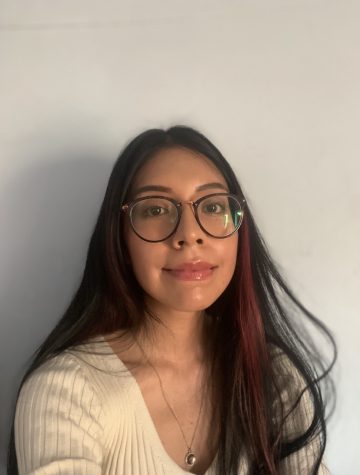
Rosio Flores is a journalism major and the Editor-in-Chief for the UT. Second to music, she loves writing and hopes to write her own book one day. She...

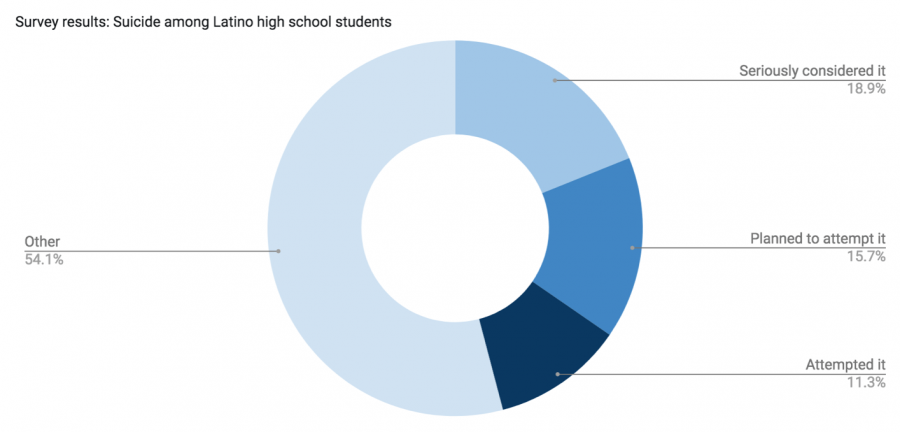

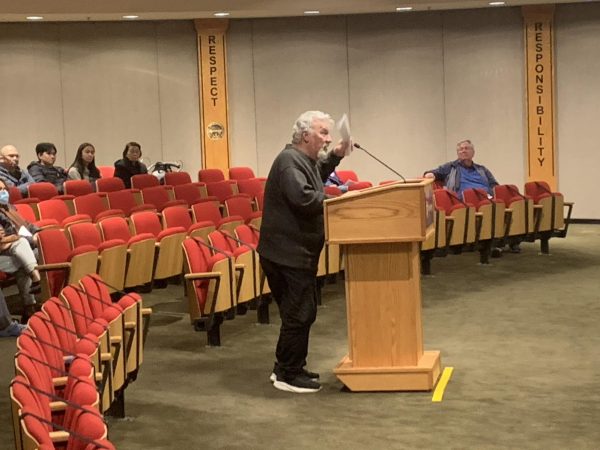
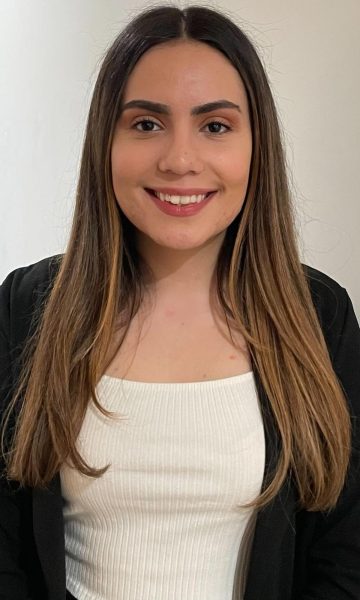
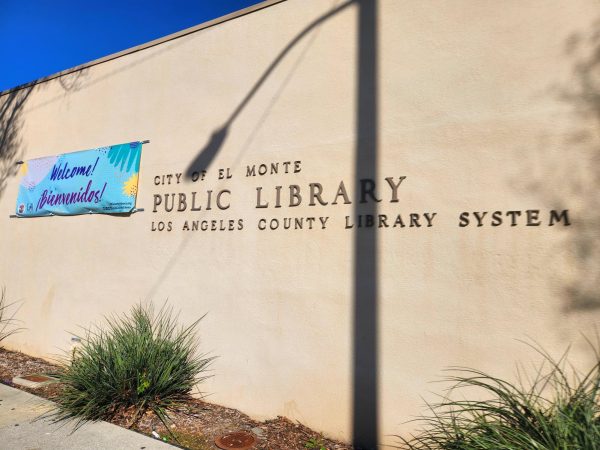

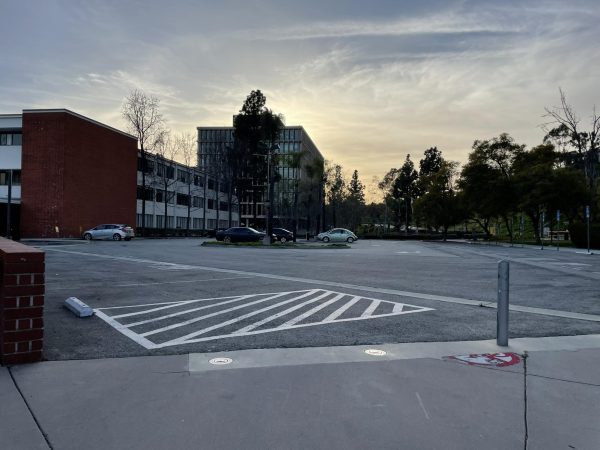
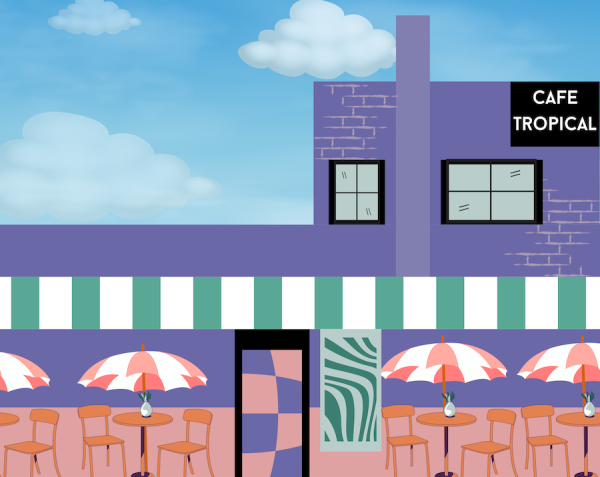



Harold A Maio • Mar 21, 2019 at 9:21 pm
—Overcoming the Stigma of Mental Illness ???
I suppose you mean overcoming those who continue to say there is one. Aiding them helps no one.